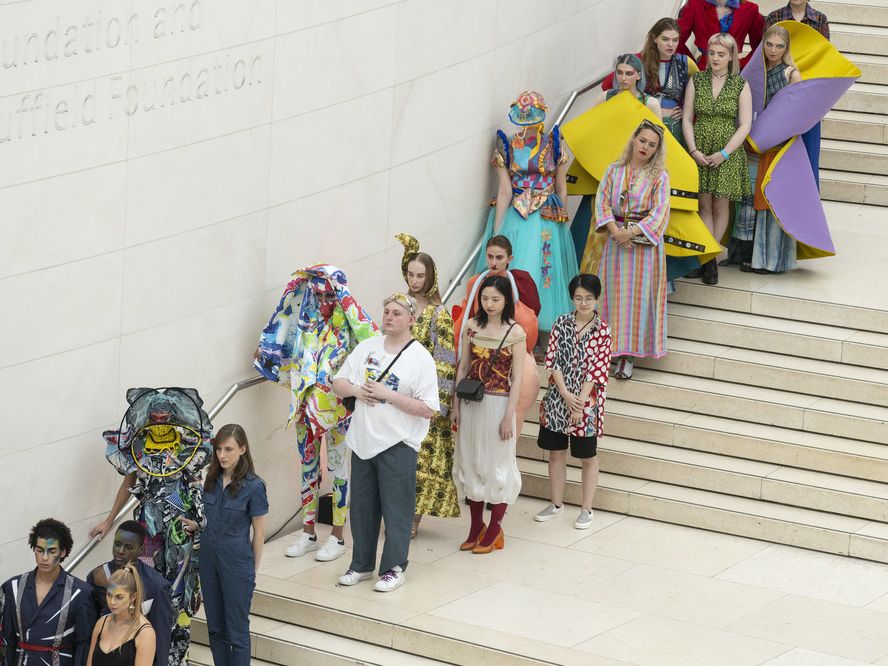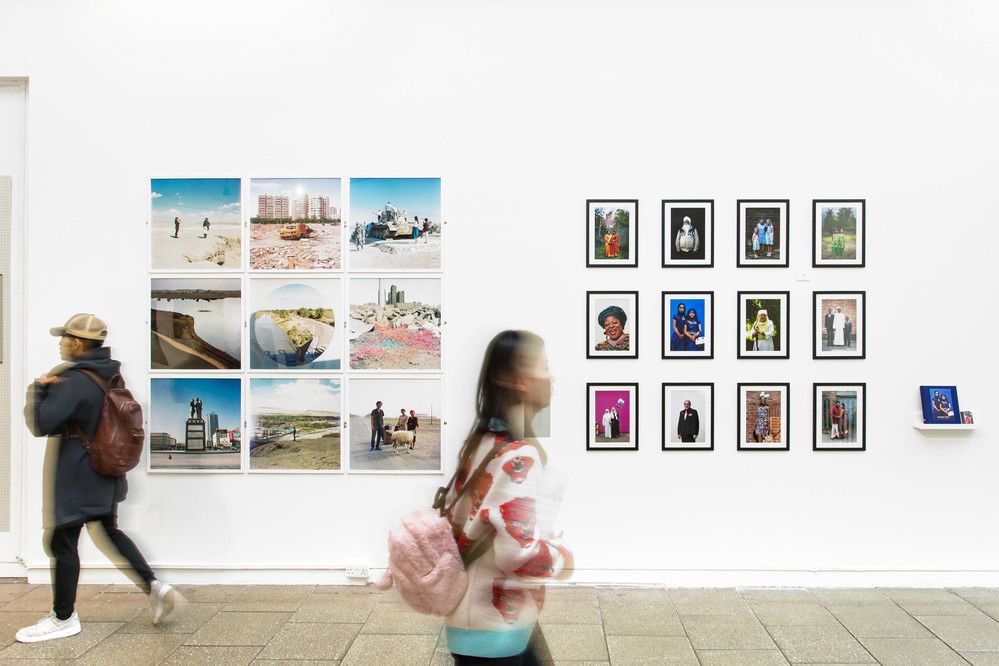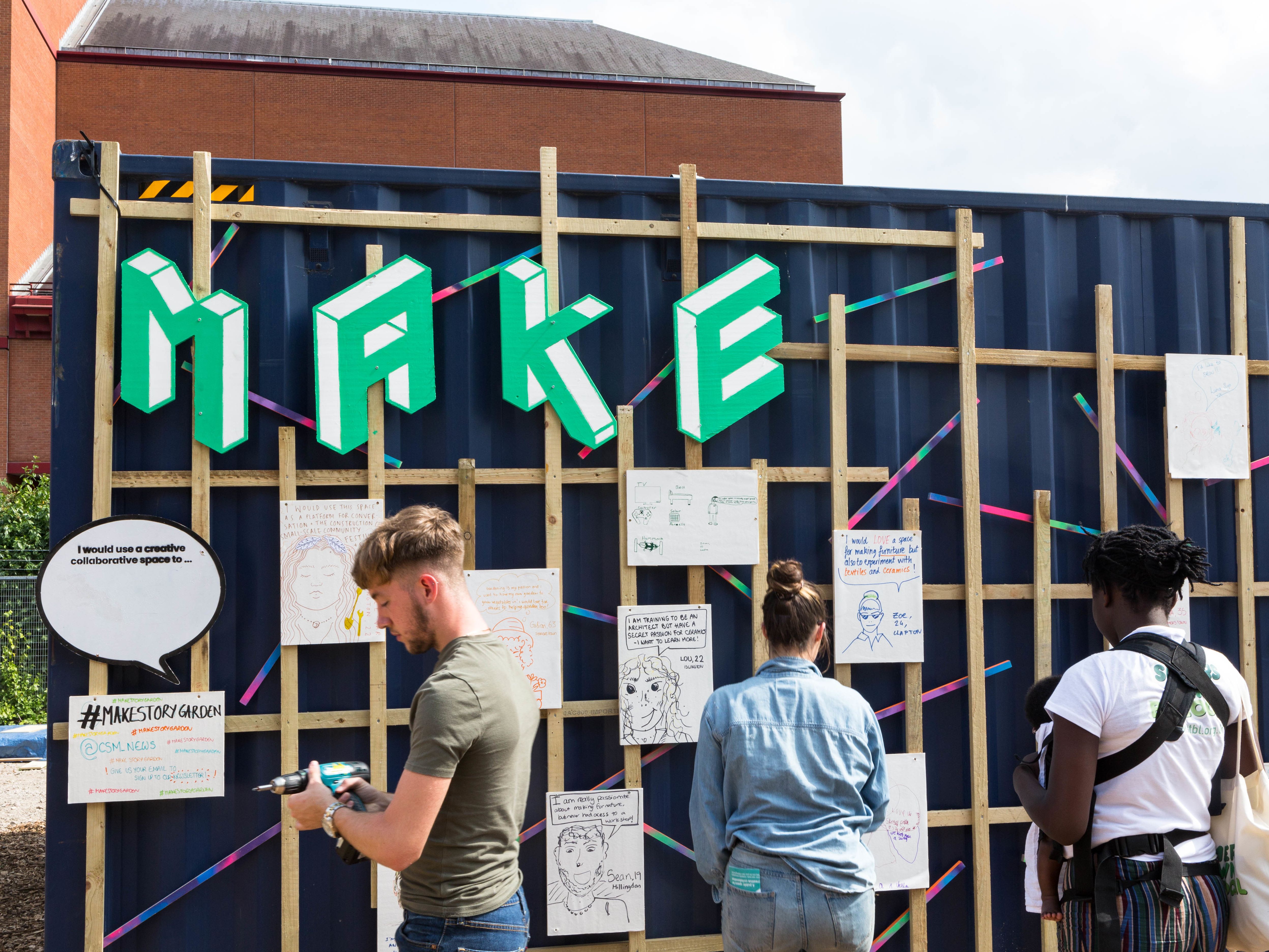
New project to help account for the value of culture and heritage in decision-making
UAL Social Design Institute is to lead a new scoping study on measuring the value to the public of the UK’s culture and heritage. It will help government provide the tools to the sector to evidence decision-making and funding bids.


